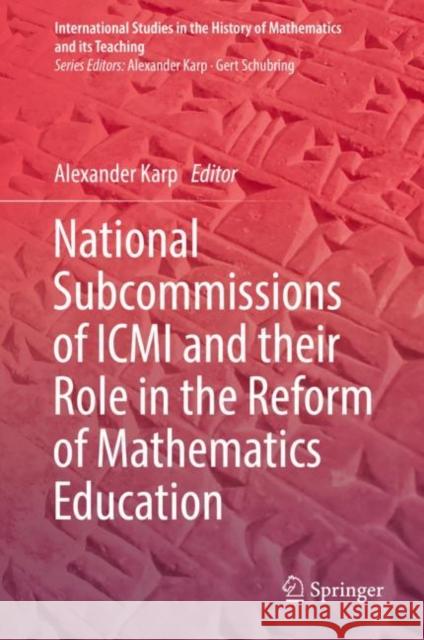National Subcommissions of ICMI and Their Role in the Reform of Mathematics Education » książka
topmenu
National Subcommissions of ICMI and Their Role in the Reform of Mathematics Education
ISBN-13: 9783030148645 / Angielski / Twarda / 2019 / 247 str.
Kategorie:
Kategorie BISAC:
Wydawca:
Springer
Seria wydawnicza:
Język:
Angielski
ISBN-13:
9783030148645
Rok wydania:
2019
Wydanie:
2019
Ilość stron:
247
Waga:
0.54 kg
Wymiary:
23.39 x 15.6 x 1.6
Oprawa:
Twarda
Wolumenów:
01
Dodatkowe informacje:
Wydanie ilustrowane











